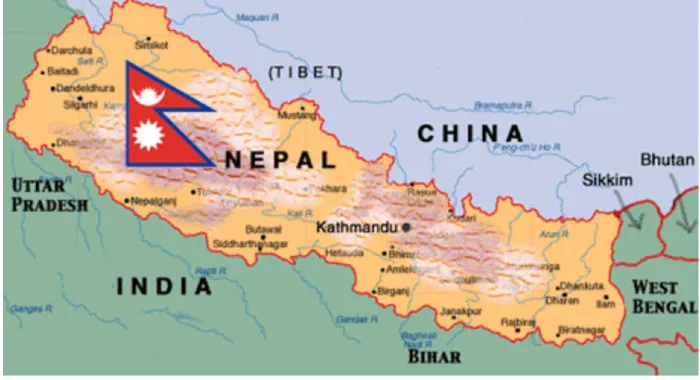Sharp spike in prices in Nepal is hurting its common citizens. What is worse is that many believe that prices will further rise in the coming months especially with the state owned Nepal Oil declaring itself bankrupt just a few days ago. Higher fuel prices typically push up input costs impacting inflation.
“The high cost of fuel is digging deeper into consumers’ pockets,” the Kathmandu Post said, adding that indications are that the price of petrol could hit an all time high “even reaching (Nepali) Rs 150 per litre following dearer crude oil in the international markets.”
Much like Sri Lanka, amid spiking prices, employment opportunities have reduced for this tourism-dependent country as well. This has led to concerns of a possible stagflation—a phenomenon characterized by inflation coupled with recession.
Also read: Nepal's imports soar amid ongoing pandemic
In December, consumer price inflation touched 7.11 per cent — the highest in 64 months. Food and beverages comprise the largest chunk in the consumer price index. This is followed by housing.
Inflation has been on the rise since September. While in September it was just 3.49 per cent, it climbed to 4.24 per cent in October and subsequently in November it was5.32 per cent.
Meanwhile, Nepal’s import bill touched the 1 trillion rupee mark in the first half of the current financial year—an year on year increase of 51.1 per cent. Food imports have also increased even as over 73 per cent people are engaged in agriculture and related sectors.
According to a report published in September by Nepali Times, imports of staples like rice, vegetables, and fruits have risen “steeply”.
“In the last 60 years, while Nepal’s population more than tripled from 9.4 million to almost 30 million, paddy productivity has merely doubled from 1.8 tonnes per hectare to 3.8. As a result, Nepal’s grain import touched Rs80 billion in the last fiscal year, of which rice alone made up (Nepali) Rs 50 billion,” the report said.
Also read: World tourism won’t bounce back to pre-Covid levels until 2024, says UN report
Sri Lankan economy, which too is dependent on tourism, is facing the twin challenge of fast eroding foreign exchange reserves and surging inflation. In fact, Sri Lanka’s President Gotabaya Rajapaksa declared a state of economic emergency in September last year and curbed imports of several items.
“Nepal's economic situation is causing concerns. We will have to wait and watch what steps the government takes to address this situation,” a foreign policy watcher told India Narrative.
Nepal’s Prime Minister Sher Bahadur Deuba took charge of the country in July last year at a time when the Himalayan country was already in the middle of several economic challenges owing to the Covid 19 pandemic.




















